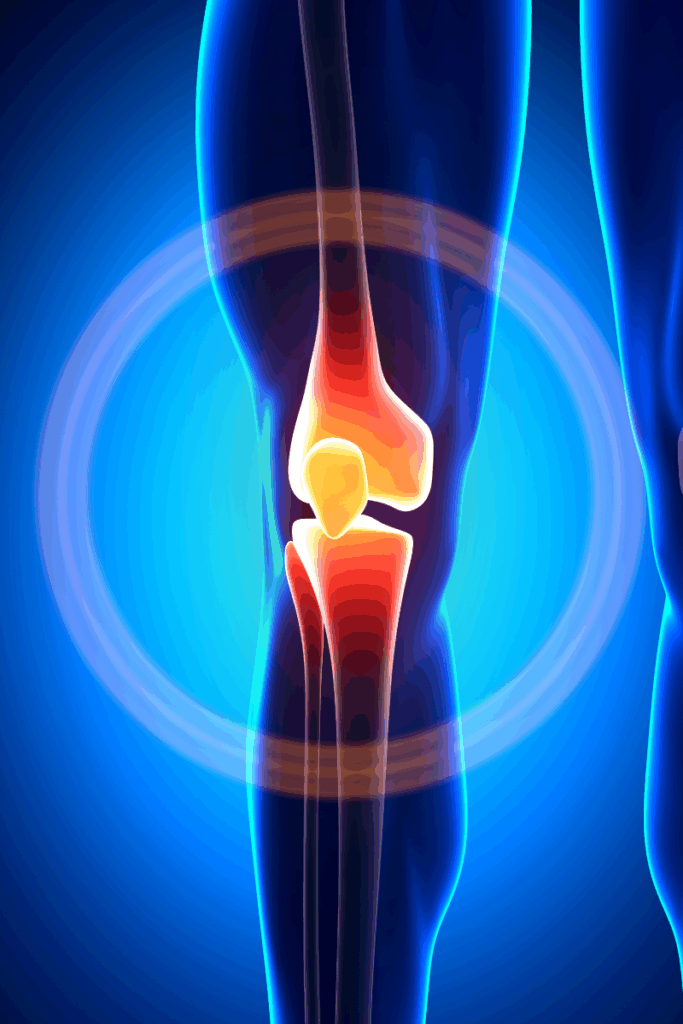How long does it take to recover from a knee replacement?
Posted by: Reform Physical Therapy in Having a surgery? on July 11, 2023


Wondering how long knee replacement recovery really takes? You’re not alone. Knee replacements are increasingly common, and so are the questions that come with them—especially around healing time, physical therapy, and what to expect after surgery.
The Short Answer: It Depends
We know—“it depends” isn’t the most satisfying answer, but it’s the most honest one. Recovery from a total knee replacement typically takes 3 to 6 months, while some patients may need up to 12 months to feel fully recovered. On the other hand, those undergoing a partial knee replacement may recover faster.
Recovery times vary widely because every person is different. Factors like your age, health, activity level, and home support system all play a role in how quickly you bounce back.
The key to faster recovery? Preparation, consistency, and personalized physical therapy.
Why Personalized Care Matters
At Reform Physical Therapy, we don’t believe in cookie-cutter recovery plans. Whether you’re preparing for surgery or recovering after it, your treatment will be designed specifically for you. Our physical therapists consider your lifestyle, limitations, and long-term goals to create a recovery plan that works.
What Impacts Knee Replacement Recovery Time?
Several factors can influence how quickly (and how well) you recover after surgery:
1. Pre-Surgery Strength & Mobility
The stronger your surrounding muscles before surgery, the better. If you were less active due to pain before the procedure, you may need more time to regain strength.
2. Pre-Hab (Physical Therapy Before Surgery)
Pre-hab can make a significant difference in your post-op recovery. It helps strengthen the joint and prepare your body for the procedure. In some cases, pre-hab can even delay the need for surgery—especially if you have a major life event like a vacation or family wedding approaching.
3. Existing Health Conditions
Do you have autoimmune disorders like rheumatoid arthritis or lupus? Are you prone to infections or poor circulation? Conditions like these may slow your healing and affect your physical therapy progress.
4. Home Environment & Support
You’ll need help at home after surgery. Things like getting in and out of bed, preparing meals, letting the dog out, or doing laundry can become challenging. Having family, friends, or a temporary rehab stay can reduce complications and stress.
5. Nutrition and Blood Sugar Control
Your body needs nutrients to heal. A diet high in protein supports tissue regeneration, while uncontrolled diabetes or poor nutrition can slow down your recovery.
The Role of Physical Therapy in Knee Replacement Recovery
Post-surgery physical therapy is not optional—it’s essential. Regular PT sessions help you:
- Regain strength and range of motion
- Prevent stiffness and scar tissue buildup
- Relearn how to move with confidence and stability
- Get back to your daily activities faster
Skipping PT sessions or pushing too hard too soon can lead to injuries and delays in recovery. That’s why we encourage open communication with your physical therapist every step of the way.
Pre-Hab: Start Strong to Finish Strong
If a knee replacement is in your future, talk to your provider about starting physical therapy before surgery. Pre-hab gives your therapist insight into your current limitations and helps build a stronger foundation for your post-op care.
You may even find that pre-hab improves your mobility enough to postpone surgery until the time is right for you.
Plan, Prepare, and Trust the Process
Knee replacement recovery isn’t always quick, but with the right approach—and the right support—you can come back stronger.
If you’re planning surgery or need guidance on pre-hab, our team at Reform Physical Therapy in Southern Maine is here to help. We’ll walk with you every step of the way—from preparation to full recovery—so you can get back to doing the things you love, pain-free.
